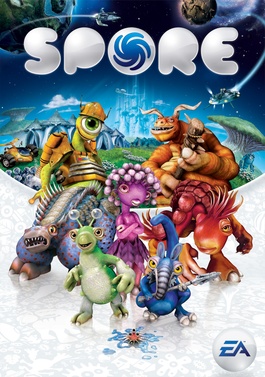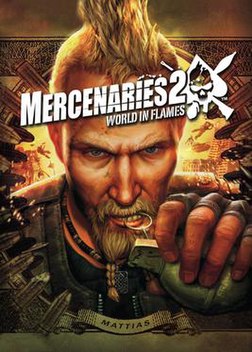So, this year instead of being an instructor for the Teacher Education Program (TEP) here in the College of Education at the University of Washington (UW), I’m an RA (research assistant) for a National Science Foundation (NSF) funded Science of Learning Center (SLC) called LIFE (Learning in Informal and Formal Environments). (How many acronyms can I put in there? 🙂 )
There are six SLCs:
- Center of Excellence for Learning in Education, Science, and Technology (CELEST) – most brainy
- Learning in Informal and Formal Environments (LIFE) – most “everything is about life, dude”
- Pittsburg Science of Learning Center (PSLC) – most original name
- Spatial Intelligence and Learning Center (SILC) – most visual
- Temporal Dynamics of Learning Center (TDLC) – quickest, yet slowest
- Visual Language and Visual Learning (VL2) – most spatial
This past weekend the UW branch of LIFE (which also has branches at Stanford and SRI) hosted the second annual grad student and post-docs inter-center conference. It was pretty cool meeting all these other learning sciences students and hearing about their research. We were able to share tools and resources, findings, methods, theories and ideas, and some good drink and company at local bars after each day’s events.
There were a number of us interested in games for learning, from the use of virtual environments for studying the effects of 1st person vs. 3rd person POV on learning (Robb) to testing social vs. non-social feedback for navigation tasks (Dylan Arena), from task oriented vs. social oriented cultural learning goals (Amy) to collaborative activity-based multiplayer mouse control (Neema).
The first day, Sarah Walter from Stanford arrived early so we could meet and brainstorm proposals for upcoming conferences. She does almost the same research as me except that:
- I am focusing on trying to map the way a raid group works to an ANT or distributed cognition model where she’s focusing more on specific collaboration practices.
- My data only includes what players were already doing (chat logs, video, web forum threads), while Sarah’s got some interview and survey data in addition to what I’ve done.
- I’m looking at a 40-person raid in World of Warcraft, while Sarah’s group is a 12-person raid in Lord of the Rings Online.
We quickly saw that it would be easy to start using the same coding scheme and collaborate on analyses so we could compare our settings and findings. We’re writing abstracts to submit to IR10 (Milwaukie, Oct) and DiGRA (London, Sept). Prob will also submit to GLS (Madison, June 10-12) but she’s going to be at CSCL in Greece (lucky!) at the same time as GLS.
On Friday, we had a full day of poster sessions and then workshops on inter and intra center collaboration. We need a match.com for researchers, one that pushes info to participants when something new of interest (maybe tag based) gets added rather than depending on us to go visit a site routinely. Does that exist?
Afterwards, dinner at Portage Bay Cafe was pretty good. Met Vanessa who researches media realism and its effects on arousal.
On Saturday, we had presentations and workshops on current research and tools. The workshop I went to was the video analysis one and ELAN (presented by Sarah Fish and Naomi Berlove of VL2) looks great!
On Sunday, the conference was technically over, but I spent the day working at a cafe with Sarah Lewis (also from Stanford), lunch with Turadg, Erin, Ruth, and Ido (all from CMU), and working at a different cafe with Turadg. Sarah and I talked a bit about our programs and profs and politics. Very informative. 🙂
Turadg showed me some cool stuff he’s been working on that might help me with my chart creation… using python and pickling and a make file and such rather than going through all the crazy manual steps I’ve been doing with a text editor, excel, sql, flash, and photoshop. He’s also working on a collective web tool for learning that I’ve agreed to help with (though honestly, I only have a fuzzy image of what it is) and runs the Open Education Research blog.
Anyway, for anyone interested, below is the poster I presented (based off of the paper I was working on last month) at the conference. Also, you can get the bigger PDF version (13 MB).







